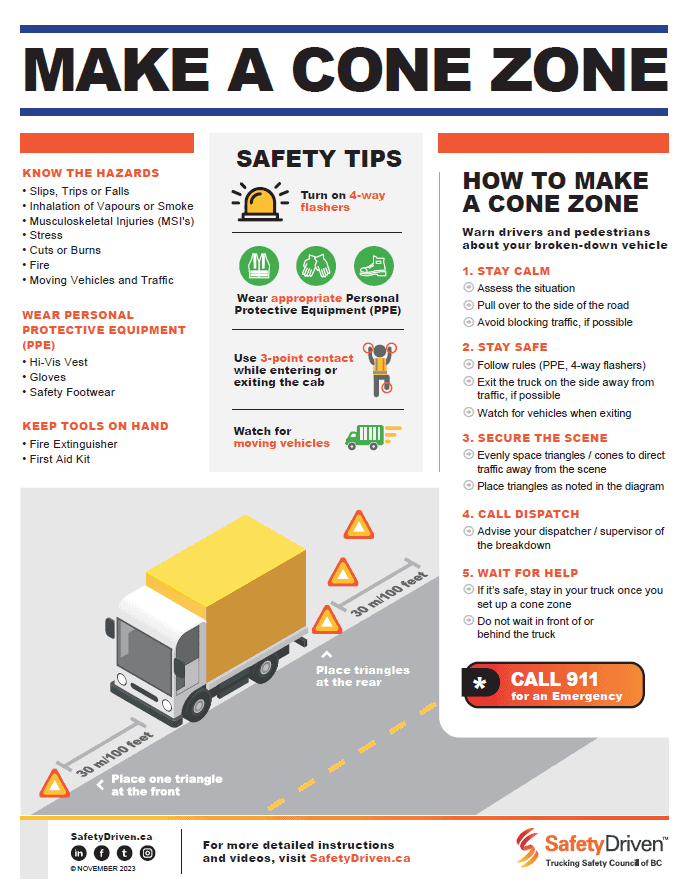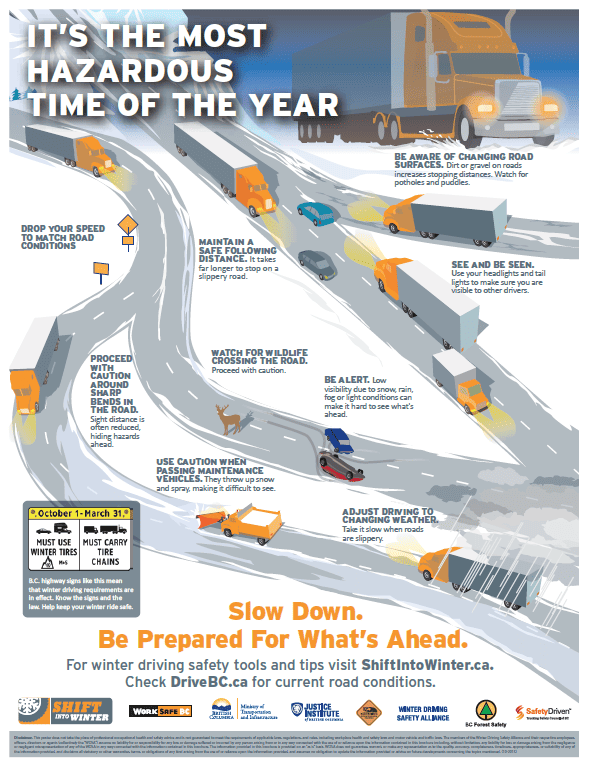Why Sun and Snow Causes Eye Fatigue
Did you know eye strain does not occur during snowstorms, but when the sun comes out?
Source: www.crengland.com
We are now fully in the throes of winter in the northern hemisphere. That means truck drivers who travel through areas that get frequent snowfall are subject to eye strain and fatigue directly related to the weather. Most of the time, this strain and fatigue do not occur during snowstorms, it occurs after the snow stops falling and the sun comes out.
We thought you might be interested in knowing why sun and snow cause eye fatigue, so we did a little research on something known commonly as ‘snow blindness’. Eye strain and fatigue caused by the combination of sun and snow is a precursor to this condition.
Snow blindness is a temporary condition that occurs when the eyes are exposed to excessive levels of UV rays for an extended amount of time. It can indeed cause temporary blindness, but a total loss of vision is not necessary to be diagnosed with the condition. It is medically known as photokeratitis.
Sunburned Eyes
Snow blindness is sometimes described as sunburned eyes. This is a fairly accurate description except for one thing; it is really only the cornea that we are talking about. The cornea is that transparent first layer that covers and protects the pupil, iris, and anterior chamber of the eye. It is very sensitive to ultraviolet light.
Snow is especially problematic for the cornea because it can reflect up to 80% of the sun’s ultraviolet rays. Even on cloudy days, staring at fallen snow can cause significant eye strain. So imagine how difficult it is on the eyes when bright sunshine is reflecting off the snow. It is enough to cause eye strain along with fatigue and headaches.
Adding to the difficulty is the altitude. The higher you go, the stronger the sun’s ultraviolet rays. Driving through a Nevada or Colorado mountain pass on a sunny winter day can be extremely trying on the eyes. Thankfully, snow blindness and eye fatigue are easily preventable with a pair of high-quality polarizing sunglasses.
More Winter Tips for the Eyes
Eye strain, fatigue, and sun blindness are not the only problems truck drivers have to be concerned about during the winter months. Every time you step outside, you are exposing your eyes to conditions that could be harmful. Bear in mind that the eyes are among the most sensitive organs. Take good care of them.
Here are a few tips:
- If you have to spend a great deal of time outside your truck during a winter storm, protect your eyes with either goggles or safety glasses. Snow and ice flying through the air can injure your eyes if they are unprotected. And that says nothing about projectiles that may fly off your truck.
- Be sure to stay hydrated in order to make sure your eyes can produce sufficient tears. Winter air is dry air, so not having sufficient tears can cause undue irritation and fatigue.
- Avoid rubbing your eyes when they itch, especially if you are wearing work gloves. Rubbing only causes further irritation. It can exacerbate the discomfort if you end up getting dirt in your eyes as a result of rubbing them. If your eyes itch, use over-the-counter eye drops to take care of it.
- Your eyes are key to what you do for a living. You need to take care of them as best you can during the winter months to avoid injury and infection. So get a good pair of polarizing sunglasses, a bottle of OTC eye drops, and plenty of water to stay hydrated. Taking care of your eyes will keep you on the road.
Visit our website for more great resources on Winter Driving.
Latest Resources
Make a Cone Zone
Dowload this poster for tips on how to make a safe cone zone.Winter Hazards Poster
Drivers need to recognize winter hazards. Share this poster to remind drivers how to ...

